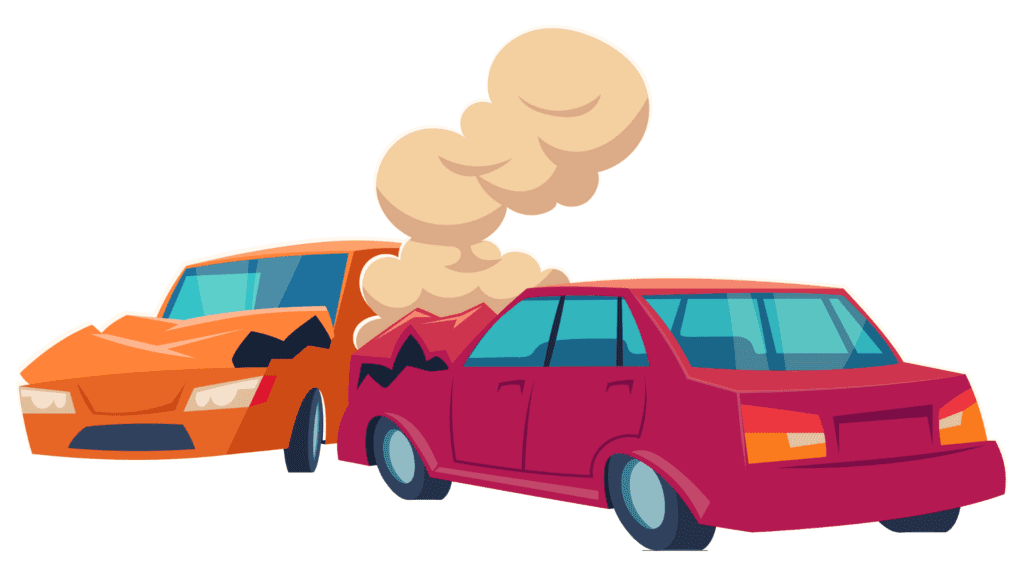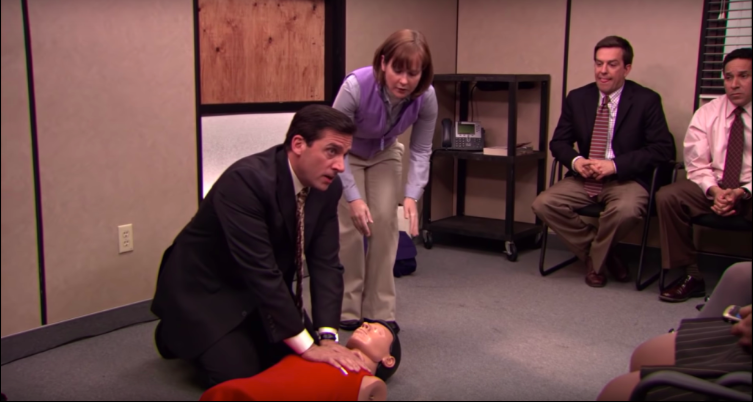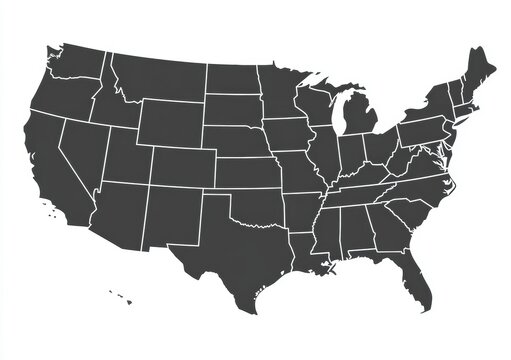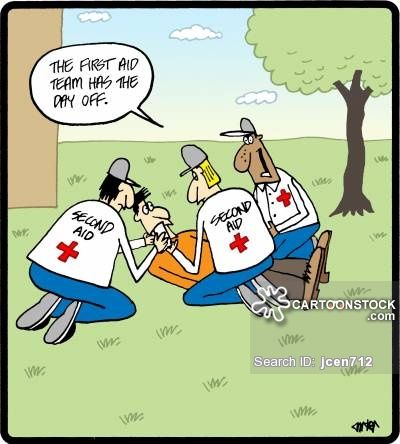What law protects against civil lawsuits when we try to help a victim in medical need?

Ever wonder if you could get sued for helping someone who’s hurt? Let’s talk about the good samaritan law that’s got your back when you’re trying to be a hero.
What is the Good Samaritan Law?
Think of it as your legal safety net when you’re trying to help someone in a medical emergency.
The basics:
- Protects you from getting sued for trying to help
- Encourages people to step up in emergencies
- Covers most emergency situations
How Good Samaritan Laws Work

Here’s what you need to qualify for protection:
- Act in good faith (no ulterior motives)
- Provide reasonable assistance
- Don’t expect payment
It’s like having a legal shield while you’re being a decent human being.
Scope of Protection
What’s covered:
- Emergency medical help
- First aid
- CPR and AEDs (those shock machines)
What’s definitely NOT covered:
- Being reckless
- Gross negligence (really messing up)
- Intentionally doing harm
Think of it this way: The law protects good intentions, not bad decisions.
Variations by State

Plot twist: All 50 states have these laws, but they’re like snowflakes – no two are exactly alike:
- Some only protect people with medical training
- Others protect anyone trying to help
- Some have special rules for opioid overdoses
Examples in Action Here’s when these laws have your back:
- Performing CPR on a stranger
- Using an AED on someone
- Helping people after a car crash
Limitations and Exceptions But wait – there are some catches:
- Doesn’t usually cover medical pros on duty
- Won’t help if you’re expecting a reward
- Won’t protect you if you’re being reckless
Best Practices When Helping
Want to stay protected? Here’s your checklist:
- Keep good intentions
- Stay in your lane (skill-wise)
- Call 911 ASAP
- Don’t ask for payment
The Evolution of Good Samaritan Laws These laws keep up with the times:
- Now cover naloxone for overdoses
- Include AED use
- Some even protect you for breaking into cars to save kids or pets
Impact on Society The good stuff:
- People more likely to help
- Faster emergency response
- Stronger communities
The not-so-good stuff:
- Lots of people don’t know about these laws
- Different rules in different states = confusion
- Debate over where to draw the line
Conclusion
Good Samaritan laws exist so you don’t have to choose between helping someone and protecting yourself legally.
My advice? Don’t let fear of lawsuits stop you from helping someone in real trouble. Just:
- Call the pros
- Stay within your skills
- Act in good faith
Remember – these laws are there to protect the helpers, not the lawsuit-happy. So go ahead, be a hero (but probably don’t try any experimental surgery). 😉

